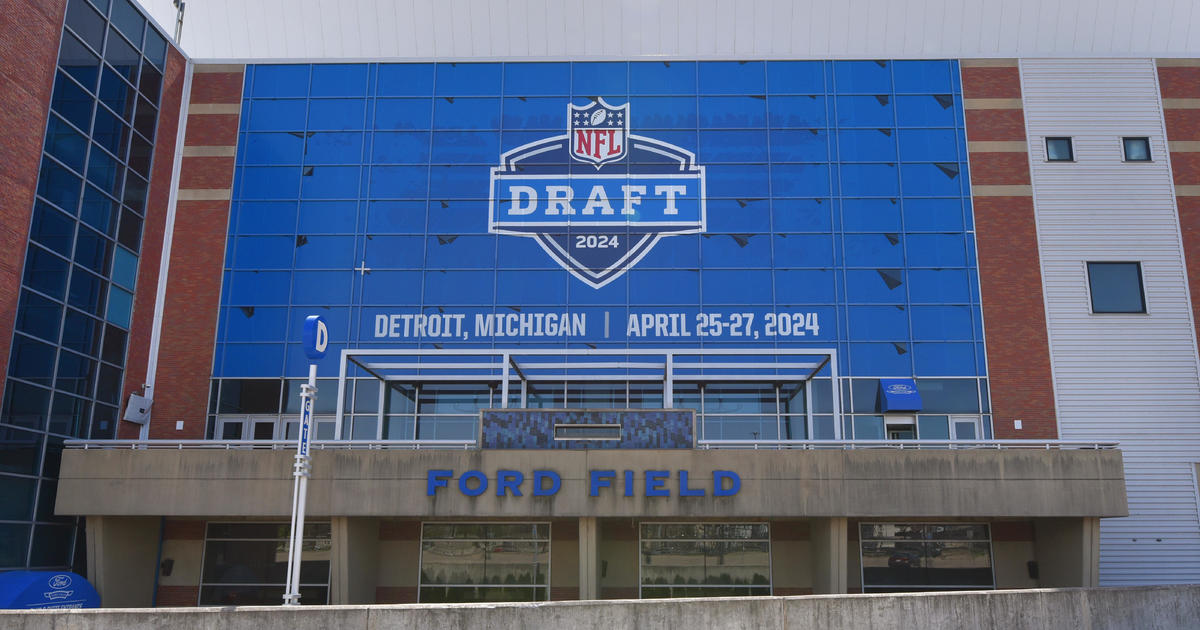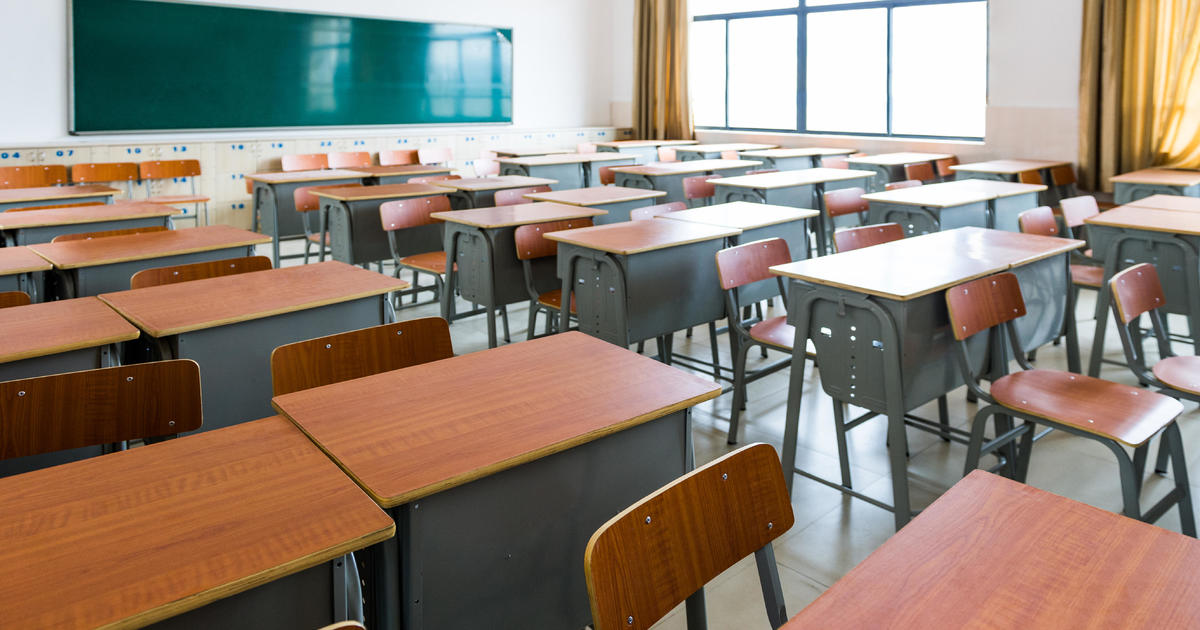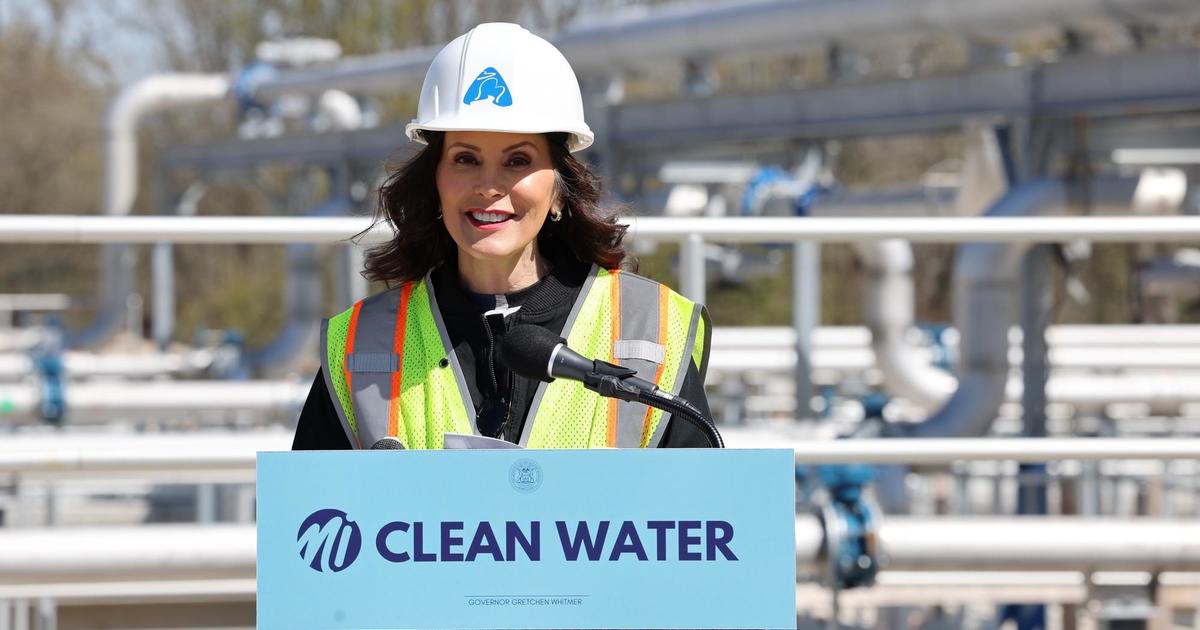Gov. Snyder: Michigan Liable If Detroit Schools Not Fixed
By DAVID EGGERT
Associated Press
LANSING, Mich. (AP) - Michigan should divert $70 million annually to Detroit's school district over a decade to pay off an estimated $715 million in operating debt or else the state-run district could face financial defaults and put the state at risk of owing more in the future, Gov. Rick Snyder warned Monday.
The Republican governor said "we're talking about the lives of thousands and thousands of children" in the city's traditional and charter schools whose academic proficiency is well below the state average. If nothing is done, he said, their future is in question and K-12 districts statewide may be exposed to more obligations in the Michigan Public School Employees Retirement System.
"Those retirement liabilities, if there wasn't a Detroit Public Schools, would be spread across all the other school districts and cost them a lot more money," Snyder said during a news conference at his Detroit office, where he updated reporters nearly six months after first unveiling his plan. Snyder said he hopes the legislation, which will be introduced this month and will be a tough sell in the GOP-controlled Legislature, is approved by year's end.
The proposal is similar to what Snyder outlined in late April, though projections have grown from paying off $483 million in debt over seven years to $715 million over 10 years. That includes $100 million for "additional investments and working capital," Snyder said, and another $100 million in accumulated operating losses after June 30.
That is when the district would be split in two.
The new Detroit Community School District would handle academic operations, payroll, health care, employee contracts and computers. The current Detroit Public Schools would remain intact for tax-collection purposes and to retire the debt.
A Detroit Education Commission - with three gubernatorial appointees and two mayoral appointees - would hire a chief education officer to craft accountability, facilities and enrollment plans. The commission could reorganize or close low-performing traditional and charter schools.
The new district's board initially would governed by gubernatorial and mayoral appointees, transitioning to a fully elected board in 2021.
The biggest change from the April plan is that a common enrollment system of traditional schools, charter schools and schools in the state's turnaround district would be voluntary, not mandatory.
© Copyright 2015 The Associated Press. All Rights Reserved. This material may not be published, broadcast, rewritten or redistributed.



